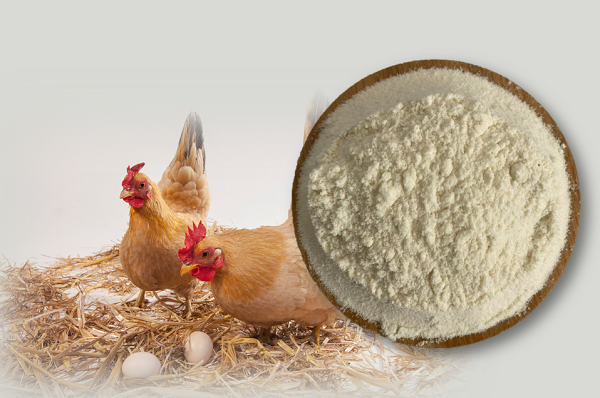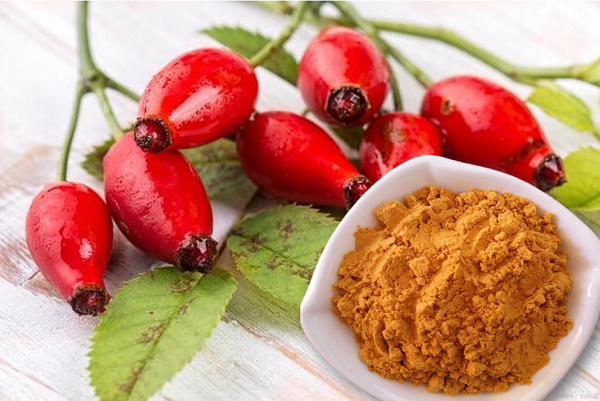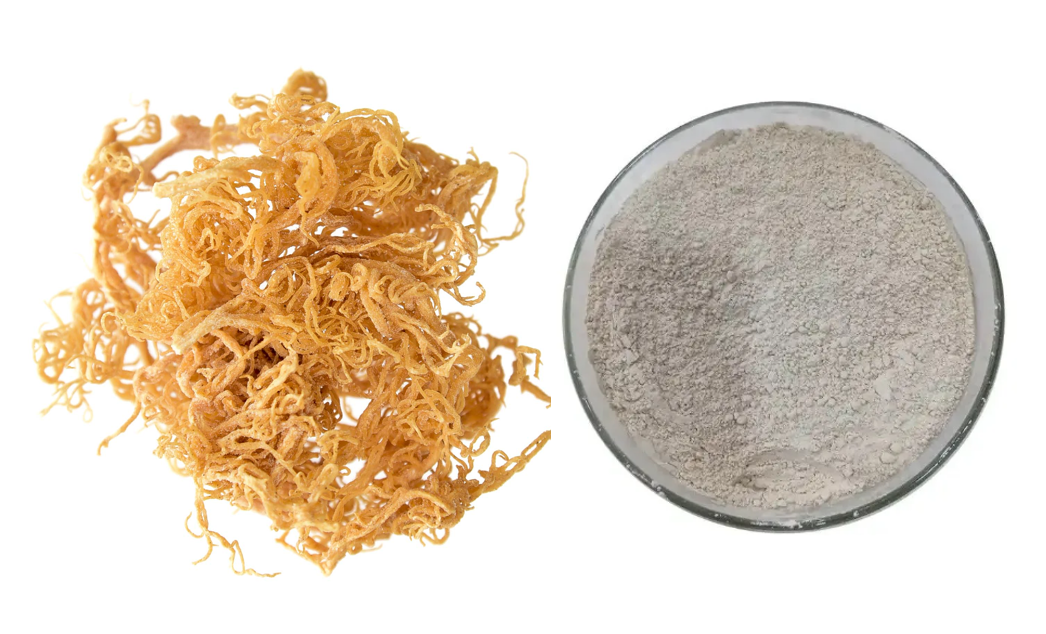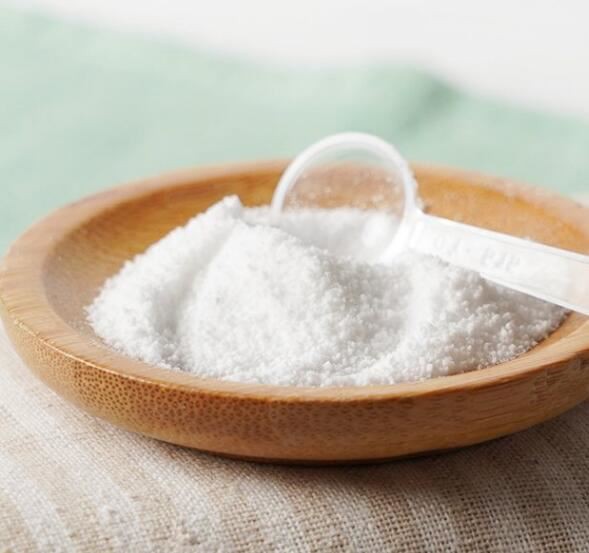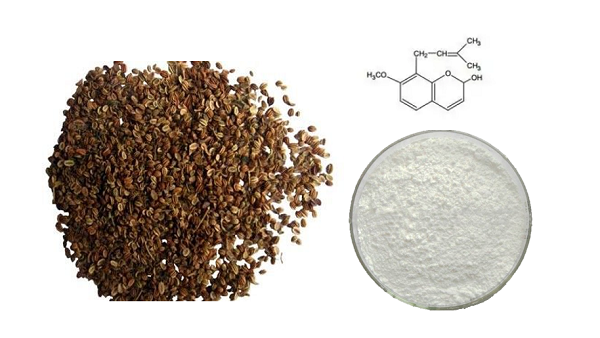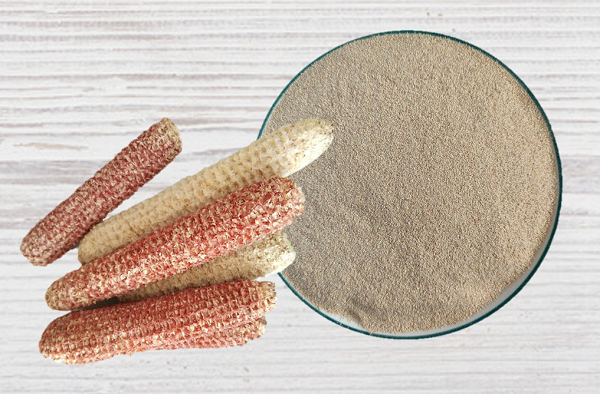Follow Us:
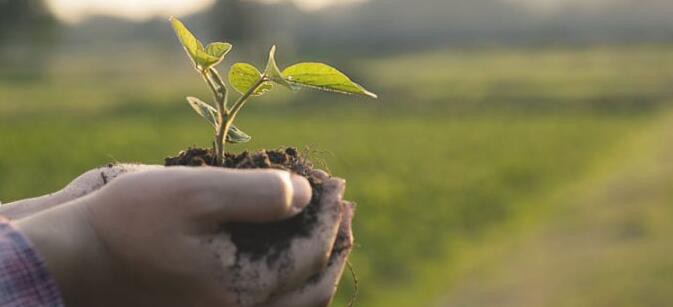
Biopesticide Benefits
Biopesticide benefits
Biopesticides are safe crop protection products based on micro-organisms, plant extracts and other natural compounds and have a range of attractive properties for integrated pest management (IPM). This is a page that was written as part of the AMBER project (Application and Management of Biopesticides for Efficacy and Reliability), funded by the UK Agriculture and Horticulture Development Board. The project was established to identify practical ways for growers to improve the performance of these products in their crop protection programmes. This provides a brief overview of some of the benefits and challenges of using biopesticides.
FINDINGS & RECOMMENDATIONS:
Benefits of using biopesticides include:
In addition to controlling pests and diseases, they produce little toxic residue, and are of minimal risk to human health.
Many biopesticides have a zero or low re-entry and handling interval.
Some microbial biopesticides can reproduce on or near to the target pest / disease, giving some self-perpetuating control.
As alternatives to conventional chemical pesticides, they can help reduce the selection pressure for the evolution of pesticide resistance in pest populations.
The risk of pests and disease developing resistance to biopesticides is often considered to be low.
They often have good compatibility both with biological pest control agents (natural enemies) and conventional chemical pesticides, so can be readily incorporated into IPM programmes.
They can also be useful as a second line of defence or supplementary treatment.
Advantages of using biopesticides compared to chemical pesticides
Biological pesticides, also known as biopesticides, biological controls or biocontrols, are organisms used to manage pests or diseases and is most notably used in agriculture. Biopesticides are typically natural predators, parasitoids, fungi or nematodes which feed on a target pest, and use natural relationships in the food chain. Growers who use biologicals see the following benefits:
Effect on non-target species
Biological control products typically target a narrow range of pests or diseases while non-target organisms, such as birds, bees, fish, humans and beneficial soil organisms, remain unaffected.
Pollution
Since biological controls are naturally occurring organisms, at the end of their life they completely biodegrade and leave no harmful residues on the crop or in the environment. This feature helps promote the safety and wellbeing of people who work on farms and the environment.
Cost
Biological control, as a part of IPM, works to achieve sustainable management of pests and diseases, keeping the pressure well below economically damaging levels. Pests and diseases do not develop resistance to biological controls. Since the rate of application will only change with pest or disease pressure, farmers can accurately predict input costs.
Pest resistance
Records have shown that pests tend to become resistance to conventional pesticides thus proving that it is not a long term solution, something that never happens with the use of organic pesticides.
Market
As the ordinary consumer became aware of the dangers posed by synthetic chemicals, demand for farm products that have undergone organic treatments rose. This makes the use of these chemicals a potential risk as there’s a glaring possibility of incurring huge losses due to the consumer shunning your product.
References:https://www.agricology.co.uk/resources/biopesticides-pros-and-cons
Advantages of using biopesticides compared to chemical pesticides













